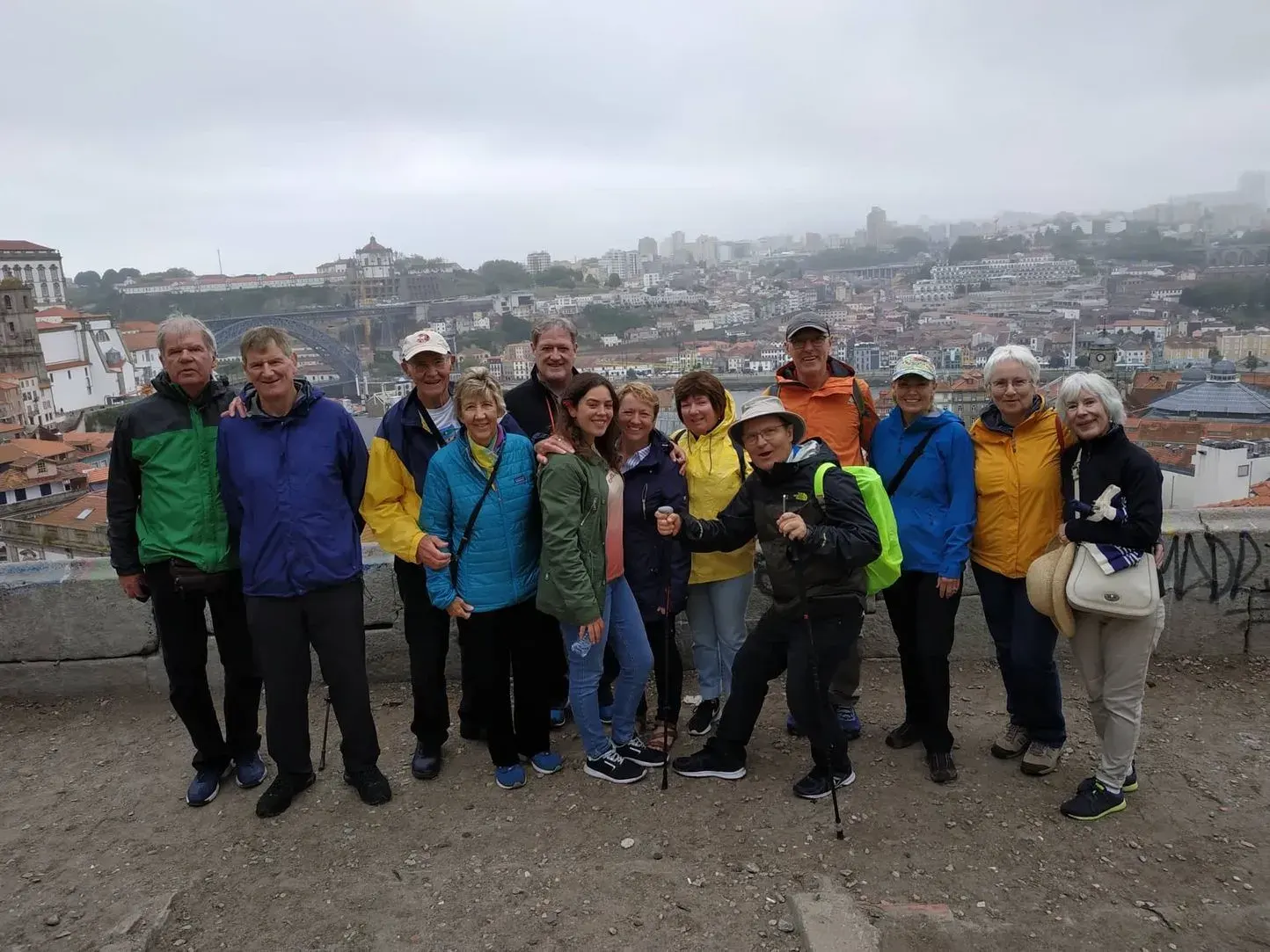
What Is Hiking? A Complete Beginner’s Guide
Admin
March 16, 2025
524 words
2 minutes
The stress of daily life and the need for an activity that combines peace of mind with physical exercise are driving more and more people to seek relaxation away from the hustle and bustle of city life, turning to outdoor activities that connect them with nature. One such activity is called hiking.
What Is Hiking?
Hiking (known as “caminhada” or “passeio a pé” in Portuguese) is, by definition, an energetic walk—short or long—along pre-established trails of low to moderate difficulty. Open to people of all ages and fitness levels, hiking’s main goal is to give walkers the chance to explore scenic landscapes or areas of historical, cultural, or natural interest.
For example, hiking tours in Portugal offer a serene way to discover places like the Vicentina Coast, the Douro Valley, or rural Alentejo. Typically, these trails take just a few hours to complete, meaning there’s no need for overnight stays, heavy equipment, or extensive planning.
In theory, you don’t need to be in top physical shape to start hiking. However, to tackle more challenging routes, it’s wise—and healthy—to be fit and free of significant health issues.
Benefits of Hiking
Like any exercise-based activity, hiking brings substantial physical and mental benefits:
- Improved Cardiovascular Endurance Hiking boosts aerobic activity, enhancing cardiovascular endurance, helping regulate blood pressure, and even aiding weight loss.
- Stronger Circulatory System The effort of walking increases blood flow through arteries, veins, and capillaries, making them dilate and become more elastic. This improved flexibility enhances oxygen delivery to cells throughout the body, making it more efficient.
- Reduced Stress Nature walks are, without a doubt, the best antidote to stress. The sounds, fresh air, and absence of threats help your body release more endorphins, improving your well-being and emotional balance.
- Mental Resilience Against Challenges While hiking trails are generally not overly difficult, completing them requires focus to push through fatigue. Overcoming these small challenges strengthens your mind, building resilience for life’s adversities.
Beyond these benefits, hiking exposes you to beautiful landscapes and offers an up-close, meaningful way to learn about cultures and histories.
Hiking Gear
The gear you need for hiking depends on the trail’s difficulty. Even for more demanding routes, a 10- to 20-liter backpack, hiking shoes or boots, a water bottle or canteen, and energy bars are usually sufficient. Since trails are pre-marked, you won’t need a map or navigation system.
For safety, booking with a specialized company like Top Walking Tours ensures everything is taken care of. If you go solo, bring a phone, GPS, basic first-aid supplies (bandages, antiseptic, cream with vitamin E and aloe vera for blisters), and elastic socks or knee supports. Also, inform local authorities of your route if it’s far from populated areas.
Tips for Beginners
If you’re tempted to try hiking, keep these tips in mind:
- Choose beginner-friendly trails with minimal challenges.
- Start with short distances and gradually increase your mileage.
- Join organizations offering walking tours in Portugal—you won’t be alone, and they handle safety and logistics for you.
- Consult your doctor to ensure no health conditions prevent you from hiking.
- Pack appropriate gear, considering the weather.
- Avoid overloading your backpack.
- Eat well and stay hydrated regularly.
- Stretch after your hike.

